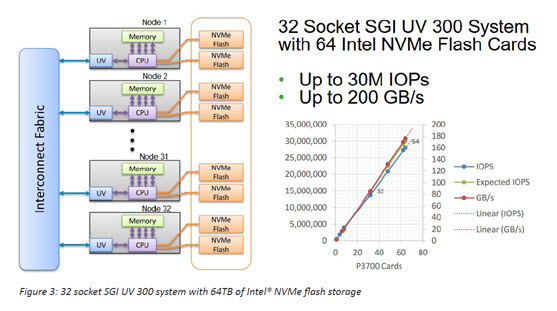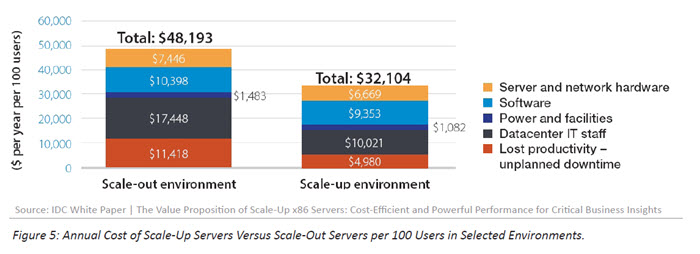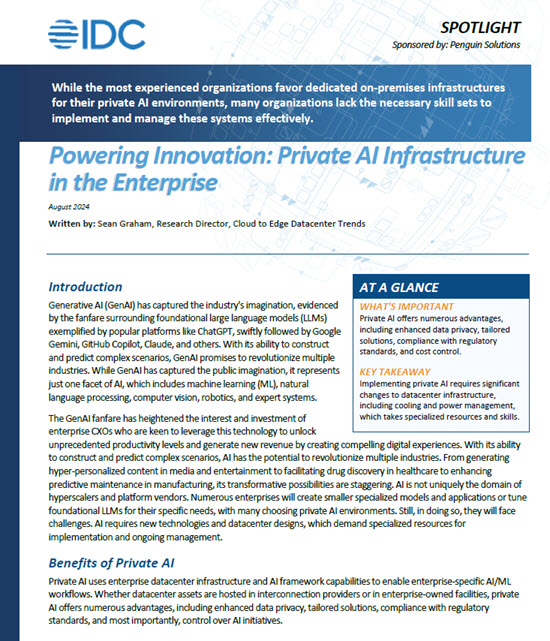The SGI UV symmetric multiprocessing (SMP) system aggregates a supercomputer with a huge number of CPUs – up to 256 sockets with each socket supporting over 20 processor cores, and a high-performance flash storage system with up to 64 TB of shared memory under a single Linux system image. Compute and storage are closely coupled by a Non-Volatile Memory Express (NVMe) PCIe-based connection which is currently the fastest technology to connect storage with processors. For personalized medicine, the SGI UV 300 – which was specifically designed for data and I/O intensive applications – is an ideal system to deliver the highest throughput for an accelerated genomic sequencing workflow.
In life sciences, perhaps more than any other HPC discipline, simplicity is key. The SGI solution meets this requirement by delivering a single system that scales to huge capabilities by unifying compute, memory, and storage. Researchers and scientists in personalized medicine (and most life sciences) are typically not computer science experts and want a simple development and usage model that enables them to focus on their research and projects. The ‘scale-up’ single system model of the SGI UV platform simplifies usage and software development by eliminating the complexities of traditional clusters in addition to significantly increasing throughput. As we will explore later in this document, the combination of UV systems and SGI Data Management Framework (DMF) for large scale data management delivers a complete solution which is unique to SGI.

As can be seen in Figure 4, this unified compute-and-storage approach eliminates a significant portion of the data movement in the traditional model – and it enables a data analysis pipeline where multiple phases of the workflow can execute in rapid succession on a single system. The result is a system capable of moving genomic sequence data through the processing flow in a small fraction of the time required by alternative models.
Beyond performance benefits, the cost advantage between performing these types of operations in a scale-up versus cluster environment is compelling as the amount of data being processed grows. An IDC study published in 2016 demonstrated a 33% savings in running appropriate workloads in a scale-up environment compared with an equivalent scale-out cluster configuration.

To learn how SGI UV is enabling personalized medicine download the insideHPC Guide to Personalized Medicine and Genomics, courtesy of SGI and Intel.





